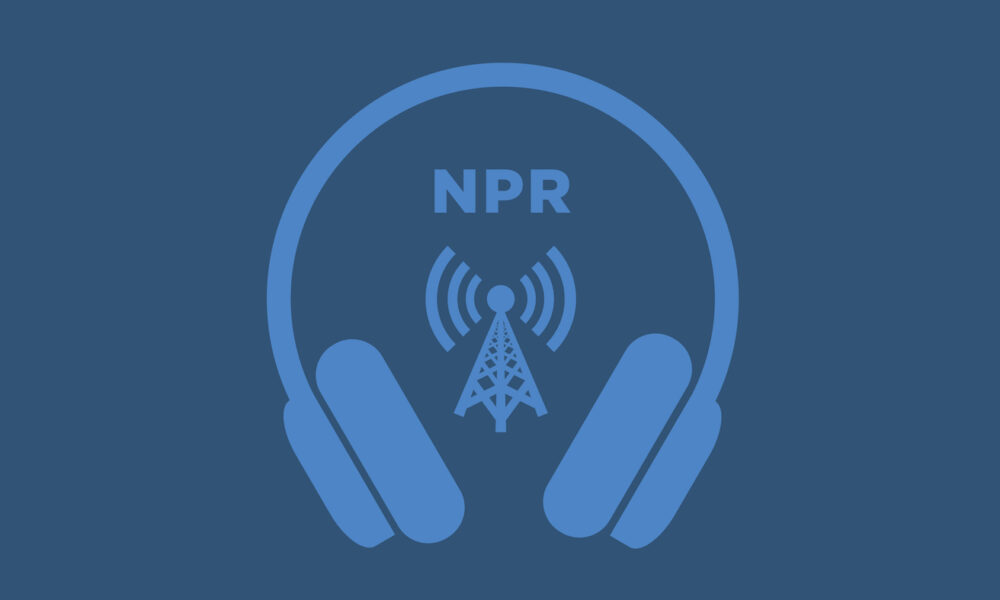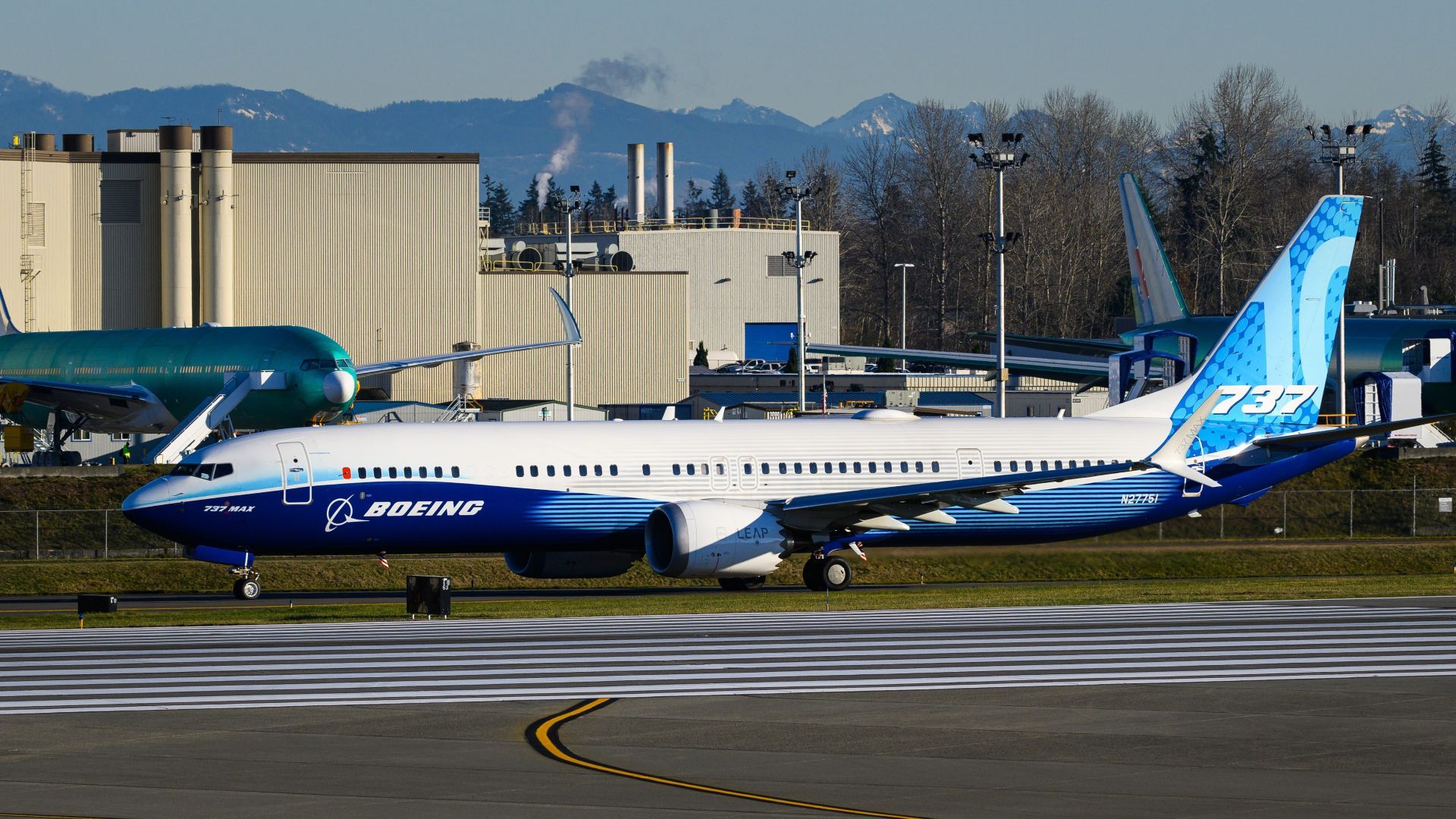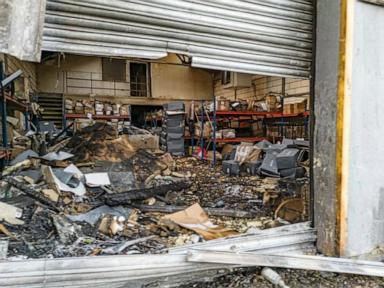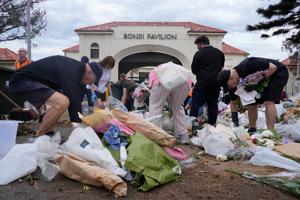The future of the ceasefire deal from Israel’s perspective is the focus of a recent discussion between NPR’s Leila Fadel and Natan Sachs, a senior fellow at the Middle East Institute. The conversation highlighted the complexities surrounding the ceasefire and its implications for both Israel and the broader region.
In the interview, Sachs addressed the ongoing conflict in the Gaza Strip and the fragility of the ceasefire that was established to ensure a halt in hostilities between Israel and Hamas. As tensions have continued to simmer, the sustainability of this agreement is under scrutiny. Sachs emphasized that the ceasefire is not merely a pause in violence but rather a crucial opportunity for diplomatic engagement.
Sachs outlined the various factors influencing Israel’s approach to the ceasefire. He noted that the Israeli government is considering how to balance security concerns with the need for political stability. The ongoing threat from militant groups remains a vital consideration, and Sachs pointed out that any perceived weakness could embolden adversaries.
The discussion also touched on the perspectives of the international community. Sachs remarked that global reactions to the ceasefire have varied, with some nations advocating for a more robust diplomatic effort to address the underlying issues fueling the conflict. He stressed the importance of external pressure in shaping the dynamics of peace negotiations.
Sachs acknowledged the complex relationship between Israel and the Palestinian territories. He highlighted that while the ceasefire provides a temporary respite, it does not address the fundamental grievances that have led to repeated escalations. Without a comprehensive strategy to tackle these issues, the ceasefire risks becoming a mere band-aid solution.
The dialogue also explored the implications of the ceasefire for future negotiations. Sachs indicated that both sides must engage in meaningful conversations to achieve lasting peace. He expressed cautious optimism but underscored that genuine efforts are required to build trust and ensure that the ceasefire evolves into a sustainable agreement.
As the situation continues to unfold, the role of influential figures and organizations remains critical. Sachs’s insights reflect a broader understanding of the challenges ahead. The future of the ceasefire, according to him, will largely depend on whether all parties can commit to dialogue and compromise.
In summary, the conversation between Leila Fadel and Natan Sachs sheds light on the multifaceted nature of the ceasefire deal in Israel. The need for ongoing dialogue, combined with the challenges posed by regional dynamics, will shape the path forward for peace in the region.







